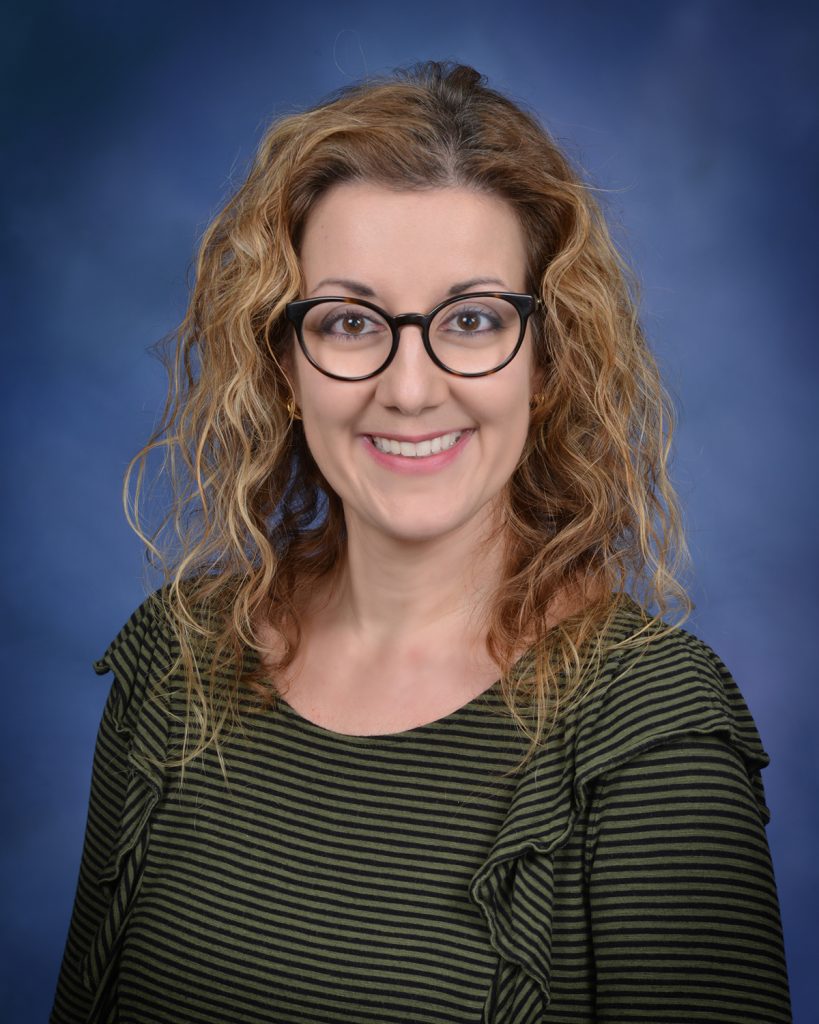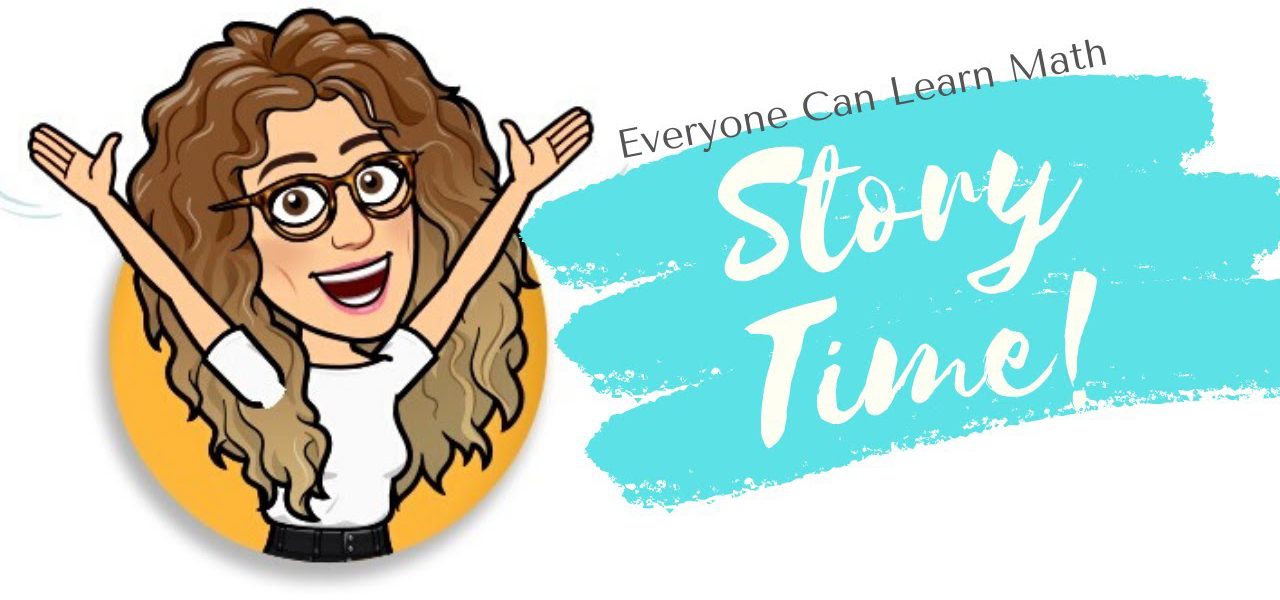How a Walkerville Math Teacher Earned The Prime Minister’s Award for Teaching Excellence
Story by Matthew St. Amand
Photography by John Liviero
Walkerville Collegiate Institute math teacher, Alice Aspinall has a message for us: anyone can learn math.
Alice is among the latest recipients of the Prime Minister’s Award for Teaching Excellence in STEM, Certificate of Achievement. It was particularly noted that she received the award for her “innovative strategies help students develop a greater understanding of math concepts.”
“There is no such thing as a ‘math person,’” Alice tells Windsor Life. “We are all born with the ability to do math, but negative experiences with the subject sometimes creates ‘math anxiety.’ In my classroom, I work on ‘math mindsets,’ trying to get students to think more positively about math. This involves baby steps and a lot of dedicated practice, working out where that math anxiety is coming from, how can we turn it around and move past it.”
It is worth the effort because, when we get right down to it, the whole world is math. From calculating the area of a room in order to install new carpeting, counting back change at a convenience store, determining the newton meters required to correctly torque a fastener on a machine being built on a shop floor, to every area of science and technology. Calculators can’t bail us out every time. Sometimes we actually have to allow numbers to occupy space in our brains. Mathematics is how we keep those numbers organized and interpret what they’re telling us.
Still, it can be daunting unless you have the right guide.
“I always start my classes with a mindfulness activity,” Alice says. “We reflect on how we feel about math. If there is a lot of negativity, we talk about what might happen in the class moving forward to help us get past those negative feelings. A very small success can turn it all around for a student. Just passing a quiz can do it. Everyone’s level of success is individual.”

Looking back at her own experience as a student, Alice says that she had many teachers along the way who inspired her. She grew up in Harrow and says that she enjoyed school. “I thought I would be a teacher for as long as I can remember,” she says. “I loved art, but I really enjoyed math starting in grade twelve and decided to pursue a degree in it.”
She attended the University of Windsor, where she completed a concurrent honours BA in math and education.
So, what are these “innovative strategies” Alice employs to “help students develop a greater understanding of math concepts”?
“In the last five or six years, math classes have been changing from a traditional classroom to a ‘thinking classroom,’” she explains.
The concept derives from research by Peter Liljedahl of Simon Fraser University, which he explains in his book Building Thinking Classrooms in Mathematics, Grades K-12: 14 Teaching Practices for Enhancing Learning.
“We don’t implement all fourteen frameworks,” Alice continues, “but using a few of them has transformed the climate in the classroom.”
In pre-pandemic days, this took the form of frequent and random groupings of students, getting students to work with peers, switching it up often so that students worked with different peers at various times.
“It also involved turning the classroom into a collaborative space,” Alice says. “Having students get out of their seats and working on what Peter Liljedahl calls ‘vertical non-permanent surfaces’—otherwise known as chalkboards and whiteboards. We do this so that everyone can see each other’s work, see their solutions and follow their thinking while solving problems.”
As the COVID-19 global pandemic turned most of the world on its head, Alice adapted to the “new normal.” She alternated between in-class teaching and online instruction as the corona virus case numbers dictated. A bright spot for her amid the disruption was learning new technology.
“I’m a pretty tech savvy person,” she says, “so I enjoyed learning the new programs we used to teach online.”
A couple of side projects Alice had going proved helpful during the interruption caused by the corona virus: writing children’s books and producing short YouTube videos explaining math concepts. To date, Alice has authored three books: Everyone Can Learn Math (published in 2019), Look for the Math Around You (published in 2021), and Let’s Explore Math A Journey in Four Parts (published in 2021).
“The books are geared toward children—they are totally different from my job,” Alice points out. “I started doing this a few years ago because of my own children. The books work to break down stereotypes that can stand in the way of us learning about math.”
Alice describes her YouTube tutorials as quick refreshers on what she covers in class. They are not filmed in the classroom, but employ simple graphics. They do not replace classroom instruction, but are intended to supplement those lessons.
“If a student is working at home and needs guidance, they can watch a video and get some help,” she says. “There are more than eighty videos and they’re usually pretty short, straight to the point, not full lessons. They focus on solving a problem from start to finish, not with a whole lot of explanation. The kids do enjoy them.”
What can parents do to help their kids improve in math?
“First, parents should be aware of the words and vocabulary they use around their children,” Alice advises. “You don’t want to pass on negative feelings about math, saying things like: ‘I always hated math.’”
For parents who are not proficient in math, Alice recommends learning the math lessons along with their children.
“If you’re not feeling confident about it and your child is having difficulty with math homework, you can take it as an opportunity to relearn it with them, saying: ‘I didn’t learn this well when I was in school, but let me try with you.’ That promotes a growth mindset.”
To learn more about Alice and her books, visit everyonecanlearnmath.com.
To view her math videos, go to YouTube and search Everyone Can Learn Math | Alice Aspinall.




Add comment